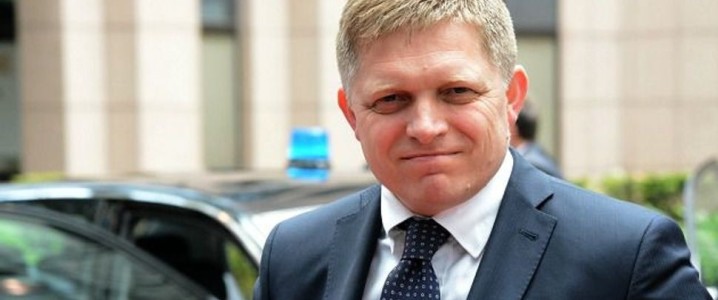Slovakia’s government is planning to increase its intake of Russian pipeline gas under a temporary EU exemption, reversing earlier commitments to phase out Russian energy supplies in a controversial move amid a growing bloc-wide crackdown on Russian fossil fuels. The exemption allows Bratislava to continue drawing from Gazprom supplies until 2027, aligning with a long-term contract that runs through 2034.
The decision comes after Slovak Prime Minister Robert Fico lifted his veto on the EU’s newest sanctions package against Russia, which includes a new oil price cap and sweeping blacklists. In negotiation, the EU agreed to guarantees on energy security and a delayed phase-out of Russian gas for Slovakia, which Fico said was essential in order to protect heavy industry from prohibitively high costs.
The broader EU 18th sanctions package slashed the Russian oil price cap from $60 to $47.60 per barrel, imposed more banking and shadow-fleet restrictions, and locked in a ban on petroleum products refined from Russian crude, regardless of origin, while stopping Nord Stream investments.
Slovakia remains dependent on Russian gas for around 40% of its domestic use and nearly all transit volume? (via TurkStream) ?to other central European countries, which complicates decoupling.
Previously, Bratislava backed an EU proposal to phase out all new Russian gas contracts by 2028. It has now secured a carve-out until 2027 and financial mechanisms to cushion industries hit by supply disruptions.
Fico’s standoff with Brussels also reveals a deeper institutional weakness in the EU’s sanctions regime because it means that any single member state can delay or dilute collective action. Analysts say this structural flaw leaves the bloc vulnerable to political leverage from governments willing to trade consensus for carve-outs.
By Charles Kennedy for Oilprice.com
More Top Reads From Oilprice.com
